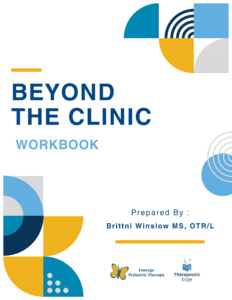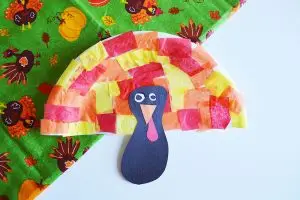
I don’t know about you, but when I see a math problem I get sweaty palms and a feeling of dread. It’s true that I homeschooled my sons through graduation, but for their math (especially Algebra, Calculus, and Trig.) I hired a tutor.
Many of our children fight homework time. We see behaviors such as avoidance, tantrums, crying, and tummy aches. In my books, I encourage parents and therapists to be behavior detectives. Keep in mind that behavior IS COMMUNICATION! Anytime a child complains of a headache, stomach issues, or physical signs of stress when it’s time for school or homework they may be reacting to a past negative experience and trying to avoid a situation that they know or think may be difficult. Did you know that when a student shows anxiety, their learning of new concepts can be impaired? When we are stressed, hormones are reflexively released to protect us from perceived danger.
 Here are some ‘Out of the POCKET’ tips for you:
Here are some ‘Out of the POCKET’ tips for you:1. Many learning centers have popped up across the country. They rely on memorization of facts until they become second nature. Rote memorization is used to create automaticity so that when a child sees multiplication facts, she automatically knows the answer. Using flashcards and timed drills is a common way to learn math facts. The more you practice math drills, the better the chance that the information will move from short-term to long-term memory. BUT, kids learn best when they’re having fun. Make a game out of memorization. Try music and rhythm. After dinner, the entire family can take turns calling out answers to math facts. Think of this…..we sing the alphabet song over and over to our young children and eventually, we become giddy when they eventually sing it to us.
2. Kinesthetic means movement. Adding movement and activity to a concept truly incorporates the whole body into learning. When we engage the body, we form new pathways in the brain to improve our memory. Clap out math facts or make songs out of them. Draw facts and figures on the concrete with sidewalk chalk and jump on the number as it’s called out. This works great with number lines and rounding. Draw a huge number line on the sidewalk and call out a number. Your child can then jump toward the 0, 5, or 10.
 The Special Needs SCHOOL Survival Guide answers ALL of your questions about school and special needs. All of your questions answered with hundreds of helpful tips to use immediately.
The Special Needs SCHOOL Survival Guide answers ALL of your questions about school and special needs. All of your questions answered with hundreds of helpful tips to use immediately.3. When your child shows worry and stress, practice relaxation techniques. Use visuals such as The Alert Program/How Does Your Engine Run or create your own worry chart similar to the pain chart used at the doctor’s office/hospitals. Any time you give a child an avenue to express her feelings, you are encouraging her to take control and have ownership of the situation. Talk about taking deep breaths before homework or a math test at school.
4. Practice in the real world. This helps with generalizing skills learned in therapy and at home. Let your child pay after a shopping trip. Talk about the family budget and spending. Even smaller children can get involved. Give them a dollar or specified amount to spend in a store. They must choose items that fit within the amount. Cooking involves math when measuring and cutting. Many of our daily activities use math concepts so involving kids in daily life as much as possible is always a great idea.
5. There’s a homeschool math program called Math-U-See. The entire concept uses visual learning. Any time you use tally marks, physical prompts such as tens and ones cubes, or pizza to represent fractions you’re adding visuals. Many children with and without special needs benefit from a visual representation of abstract concepts.
Any more ideas to help kids who get math anxiety? Let us know……….



